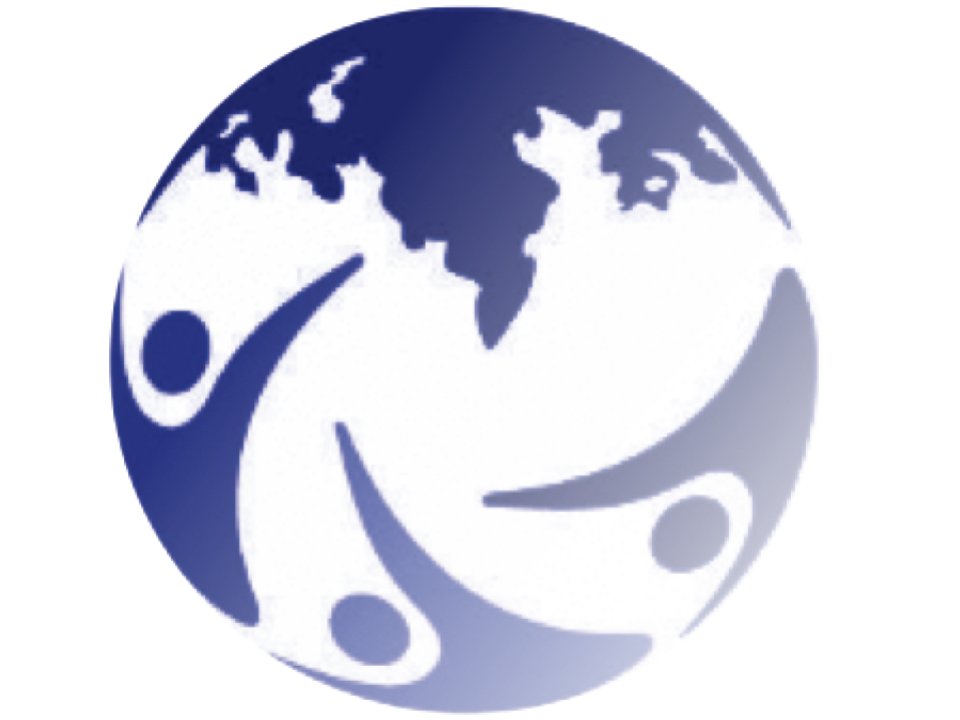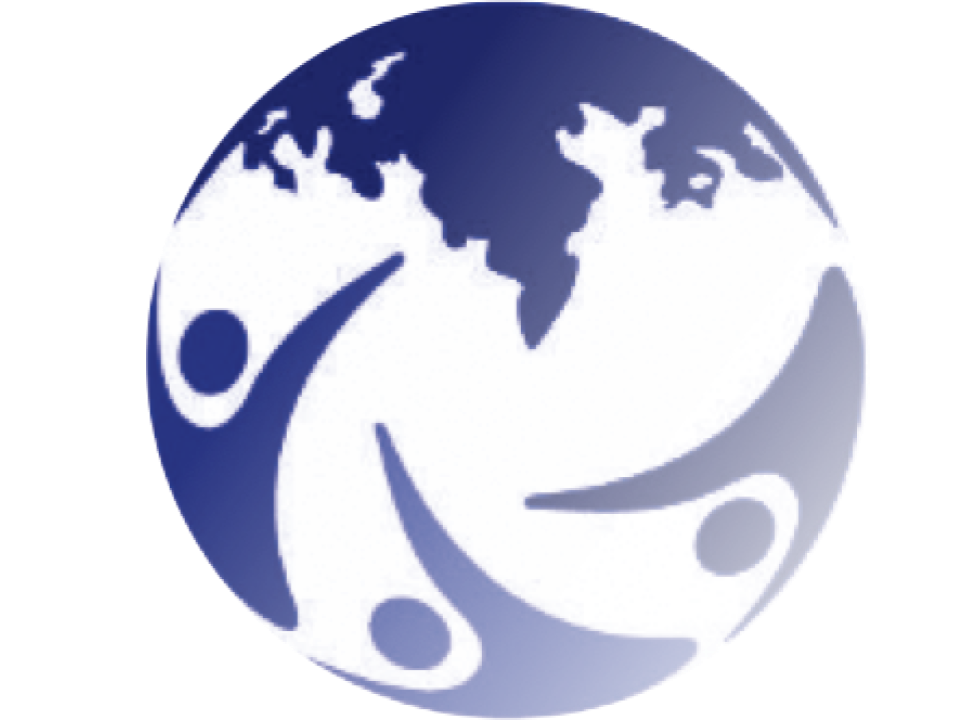
The World Health Organization (WHO)
Contemporary and scientific committee regarding the ethical issues of genetic modification through applications such as CRISPR and another disease related topic.
Approximate committee size: 25-30 single delegations
Committee Topics
-
Topic 1: Technology in Medicine: Gene Editing and Artificial Intelligence
Gene editing and artificial intelligence are two groundbreaking technologies currently implemented in the medical field. The origins of gene editing occurred after the discovery of the double helix structure of DNA, and the evolution of gene-editing tools including CRISPR/Cas9, ZFNs, and TALENS followed. Alongside gene editing, artificial intelligence has improved the accuracy and efficiency of clinical practices and procedures, allowing for faster completion of work without human error. Both tools show possible benefits in real-world medicine, such as illness gene therapy and AI's role in disease research. However, ethical, legal, and economic questions arise, as well as worries about safety, liability, and regulatory challenges have risen further emphasizing the significance of responsible integration, and regulation in the full potential of modern technologies.
-
Topic 2: Concerns Arising in Southeast Asia
Following its discovery in 1947 and subsequent spread, the Zika virus became a major health concern in the region, particularly in the Philippines and Indonesia. Southeast Asian countries have a variety of issues–political, medical, economic, and environmental. Concerns about the spread of the disease have emphasized the impact of gender inequality through violence against women and restrictive reproductive laws. As abortion is highly looked down upon and unsafe, it is extremely difficult for women to be able to perform this to protect themselves, even if they were to get assaulted. Effects from the Zika virus have also had immense repercussions on the economy which is influenced by tourism as well as healthcare quality. Without proper tourism, industry, and containment of the Zika virus, these South-Asian nations which are already struggling financially are further depleted and in debt.
Committee Chairs
-

Ira Prakash
Ira Prakash, a junior at Maggie Walker, is thrilled to be a co-chair for GSMUN XXVI. At Maggie Walker she is on the varsity volleyball team, bhangra team, National Spanish Honor Society and is Treasurer for the Future Medical Professionals Club. She has participated in MUN since the beginning of high-school. She loves to teach taekwondo and volunteers at St. Francis Medical Center. You can always find Ira on a boba run, trying to get concert tickets or out with her friends. She can’t wait for GSMUN XXVI and hopes everyone has a great time!
-

Deepanshi Kumar
Deepanshi, a sophomore at Maggie Walker, is very excited to be co-chairing WHO. She has attended more than a dozen model UN conferences and has won multiple awards since she was in fifth grade. Deepanshi has a passion for all things science, especially research. Outside of MUN, she is an active member of the honor council, bhangra team, and Future Medical Professionals. She has been dancing since she was three and is often trying out new baking recipes in her free time. Deepanshi is looking forward to meeting the incredible delegates and hearing some exciting debate!

